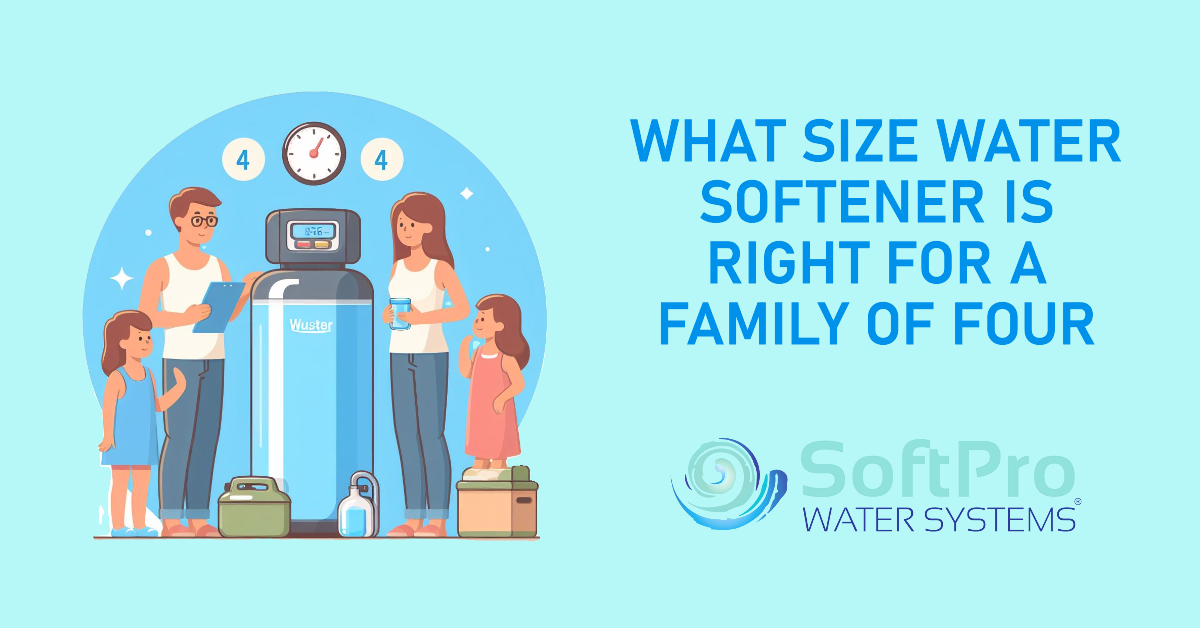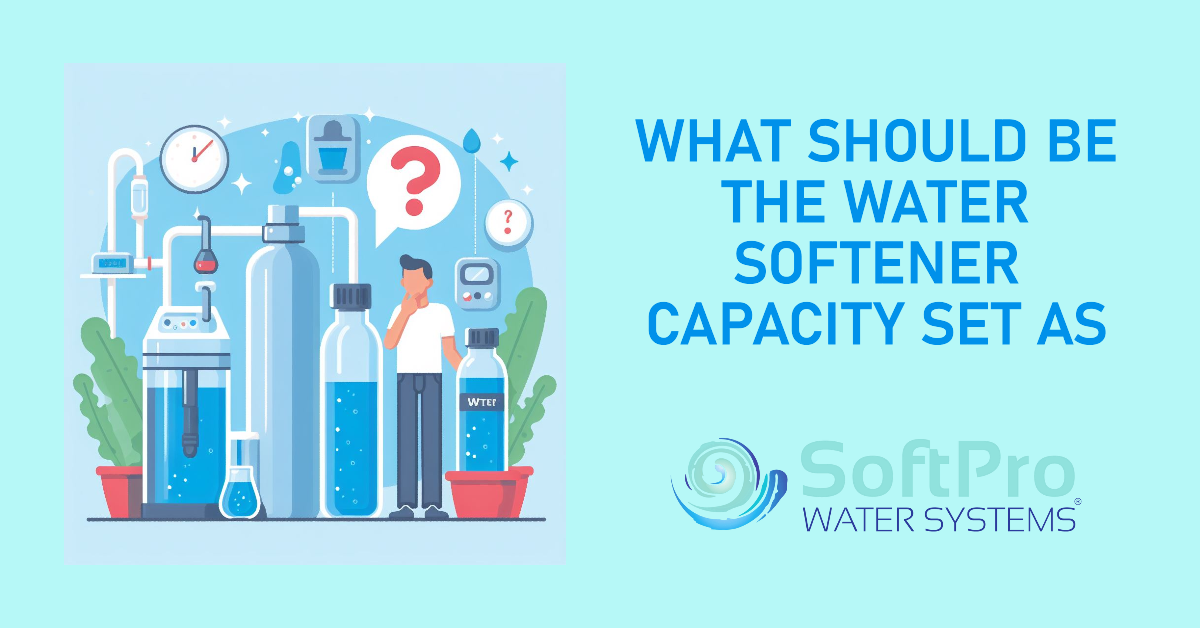How Does Varying Water Hardness Within a City Affect Water Softener Sizing?
Table of Contents
Water hardness, the concentration of dissolved minerals like calcium and magnesium in your water supply, can fluctuate throughout a city. This means the ideal water softener size for your home will depend on your specific location. Let's dive deeper into how water hardness works and its impact on water softener selection.
Understanding Water Hardness
- Measurement: Water hardness is measured in grains per gallon (GPG) or parts per million (ppm). Higher values mean more dissolved minerals.
-
Classification: Water is classified based on its hardness:
- Soft: 0-1 GPG
- Slightly hard: 1-3.5 GPG
- Moderately hard: 3.5-7 GPG
- Hard: 7-10.5 GPG
- Very hard: Above 10.5 GPG
-
Impacts: Hard water can harm your home in several ways:
- Reduced soap and detergent effectiveness, leading to increased usage and costs.
- Mineral buildup (scale) on plumbing fixtures, shortening their lifespan.
- Dry skin and hair.
- Spotting on dishes and glassware.
- Studies suggest hard water can reduce water heater efficiency by up to 48%.
Factors Affecting Water Hardness Variation Within a City
- Water Source: Cities often source water from groundwater wells, rivers, or lakes. These sources can have drastically different mineral compositions.
- Distribution System: Water travels through a complex network of pipes and storage tanks. Interaction with these materials can potentially alter water hardness.
- Seasonal Changes: Fluctuations in rainfall, groundwater levels, and water treatment processes can cause shifts in water hardness over the course of a year.
For example, in Phoenix, Arizona, known for very hard water, levels can differ vastly based on the water source for a particular neighborhood. Some areas might exceed 25 GPG, while others stay closer to 15 GPG.
Determining Your Water Hardness Level
-
City Water Reports: Many municipal water suppliers provide detailed water quality reports outlining water hardness levels. Check online or contact your water provider.
- Hardness Test Kits: At-home water hardness test kits offer a quick and convenient way to assess your water's hardness.
Sizing Your Water Softener
To size your water softener, keep these factors in mind:
- Water Hardness Level: The higher the GPG, the larger the capacity you'll need in a water softener to remove those minerals.
- Daily Water Usage: Estimate your household's daily water consumption (gallons per day). A large family typically needs a higher-capacity softener than a smaller household.
Choosing the Right Water Softener
- Capacity: Measure a softener's capacity in grains of hardness it can remove before regeneration. Match this with your hardness level and usage.
- Regeneration: Water softeners periodically regenerate using salt to replenish their softening capacity. Look for efficient models with features like demand-initiated regeneration (DIR) to optimize salt and water use.
-
Types of Softeners:
- Salt-based ion exchange softeners: These are the most common and effective for removing hardness minerals.
- Salt-free conditioners: These systems alter mineral properties preventing scale buildup but don't technically remove hardness.
Important Considerations
- Professional Assistance: A water treatment professional offers the best guidance for personalized softener selection and installation, ensuring you address your specific needs.
- Water Testing: Comprehensive water testing reveals your exact water hardness and any other water quality issues that might need extra treatment.
Summary and Key Takeaways
Varying water hardness levels within a city pose a significant challenge for homeowners seeking to install water softeners. Inconsistent hardness necessitates a personalized approach for optimal softener sizing and efficiency. Understanding the factors influencing water hardness, as well as the impacts of hard water on your household, are essential in making informed decisions.
Key Takeaways
| Key Takeaway | Explanation |
|---|---|
| Water hardness fluctuations are common within cities. | Multiple water sources, distribution systems, and seasonal changes can all contribute to variations in hardness levels. |
| Accurate water hardness determination is crucial. | Utilizing city water reports or at-home test kits ensures proper softener selection. |
| Water softener sizing must consider both water hardness and daily usage. | Matching softener capacity to your specific needs promotes optimal performance and longevity of your system. |
| Professional consultation is valuable. | Water treatment experts can offer tailored advice and help identify any additional water quality issues requiring treatment. |
Are you concerned about the potential effects of hard water in your home?
Don't let variable water hardness compromise your plumbing, appliances, or quality of life. Take proactive steps to determine your water hardness level and invest in the right water softener solution. Contact a reputable water treatment professional today for a personalized assessment and guidance on creating a soft water haven in your home.




![SoftPro Chlorine+ Carbon Whole House Water Filter to Remove PFAS, Chlorine, Chloramine & Pesticides [City Water Filters Series]](http://www.softprowatersystems.com/cdn/shop/products/softpro-whole-house-chlorine-filter-282008.jpg?v=1758858973&width=140)
![SoftPro Iron Filter - Iron Master AIO - Best Iron Filter for Well Water [Air Injected Water Filter / Katalox]](http://www.softprowatersystems.com/cdn/shop/products/softpro-iron-master-aio-water-filtration-system-remove-iron-sulfur-manganese-using-air-injection-for-optimal-performance-412868.jpg?v=1758859831&width=140)












